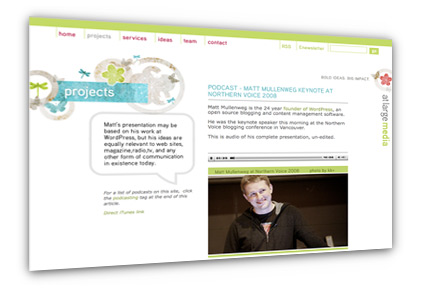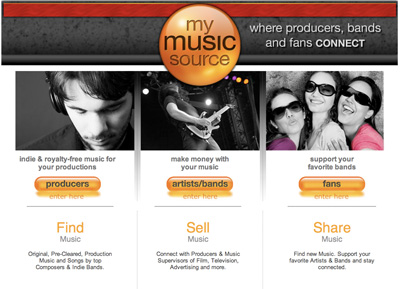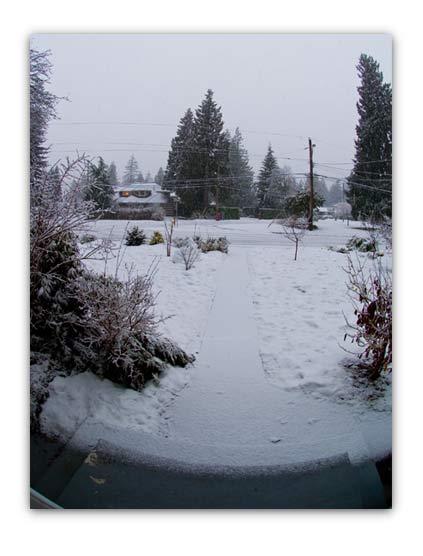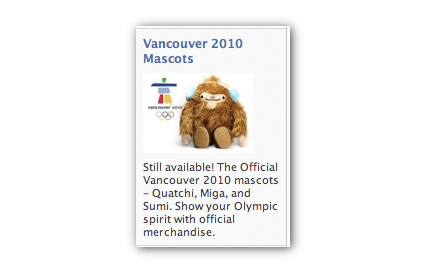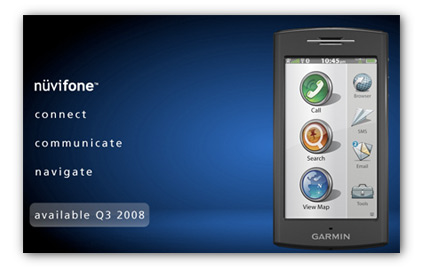
We’ve watched record labels struggle, and fail, in attempts at finding ways of stopping wide scale copying and distribution of music. For years they’ve tried everything from copy protection to lawsuits, as a means of keeping people from making digital copies.
Nothing they’ve done has worked.
Yet, in a relatively short period of time, Apple created an enormously successful online music distribution model. Think about it. Where every single record label failed, Apple succeeded.
One of reasons they did was because they understand the digital economy.
In a recent article, writer Kevin Kelly identifies one of the key challenges of the digital economy.
When copies are free,
you need to sell things which can not be copied
Kelly then goes on to suggest eight categories of value that you buy when you are paying for something that could be free…
Eight uncopyable values. I call them “generatives.” A generative value is a quality or attribute that must be generated, grown, cultivated, nurtured. A generative thing can not be copied, cloned, faked, replicated, counterfeited, or reproduced. It is generated uniquely, in place, over time. In the digital arena, generative qualities add value to free copies, and therefore are something that can be sold.
His article should be a must-read for every executive at every ‘traditional’ media organization in the world. Whether you agree on Kelly’s eight categories or not, you can’t argue with him when he says,
once anything that can be copied is brought into contact with internet, it will be copied, and those copies never leave. Even a dog knows you can’t erase something once it’s flowed on the internet.”
This week, we see two examples of traditional publishers struggling to find their route through the challenges of the digital economy.
Random House has decided to try to sell something that can be copied. They’ve announced that they will be experimenting with selling books chapter by chapter online.
Meanwhile, Harper Collins is taking a different approach. They’ll be posting books free on the web…
The idea is to give readers the opportunity to sample the books online in the same way that prospective buyers can flip through books in a bookstore. “It’s like taking the shrink wrap off a book,” said Jane Friedman, chief executive of HarperCollins Publishers Worldwide. “The best way to sell books is to have the consumer be able to read some of that content.”
Of the two approached, the Harper Collins strategy makes more sense. In their case, the ‘generatives’ at play include patronage, accessibility, authenticity and findability.
This last generative may be one of the most important for book and magazine publishers.
Take the case of writer Charles Sheehan-Miles.
He’s giving away electronic versions of his book Republic. In fact, he’s encouraging you to make a copy, send it to your friends, do anything you want with it, except sell it. Sure, but who’s Charles Sheehan-Miles anyway ? Which is his point exactly…
The biggest challenge most authors face isn’t online piracy. It’s not people out there diabolically copying their works and distributing them for free. In fact most authors (including yours truly) suffer from a different problem entirely — no one has ever heard of them. After all, literally hundreds of thousands of new titles come out every year, and only a few hundred writers in the entire United States (if that many) actually live off their books full time. So, by giving away the book, I hope more people actually read it.
The book, the one you can buy, is currently #2 on the Amazon.com Sci-Fi/Alt-History list.
And yet, for content distributors, the most frightening thing in the world is to adopt new channels, even as they watch the old ones erode. Many of the alternatives are unproven. Worse, some haven’t yet been invented.
Those who live and breathe the digital economy know that success lies in pushing through the uncertainty. After all, the risks of the unknown are overwhelmed by the certainty “when copies are free, you need to sell things which can not be copied”.
(cross posted at the At Large Media blog)


